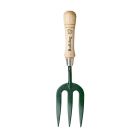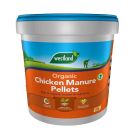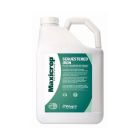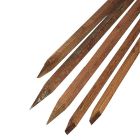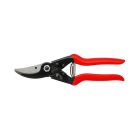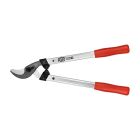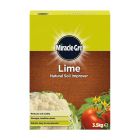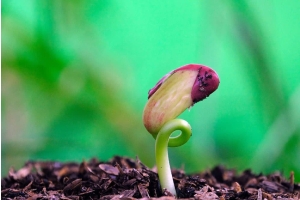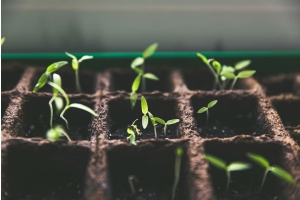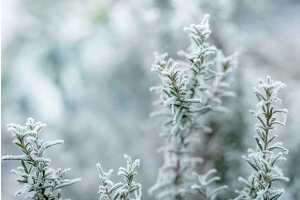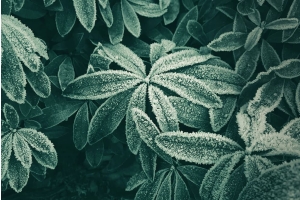Winter Gardening Tips: How to Prepare Your Garden
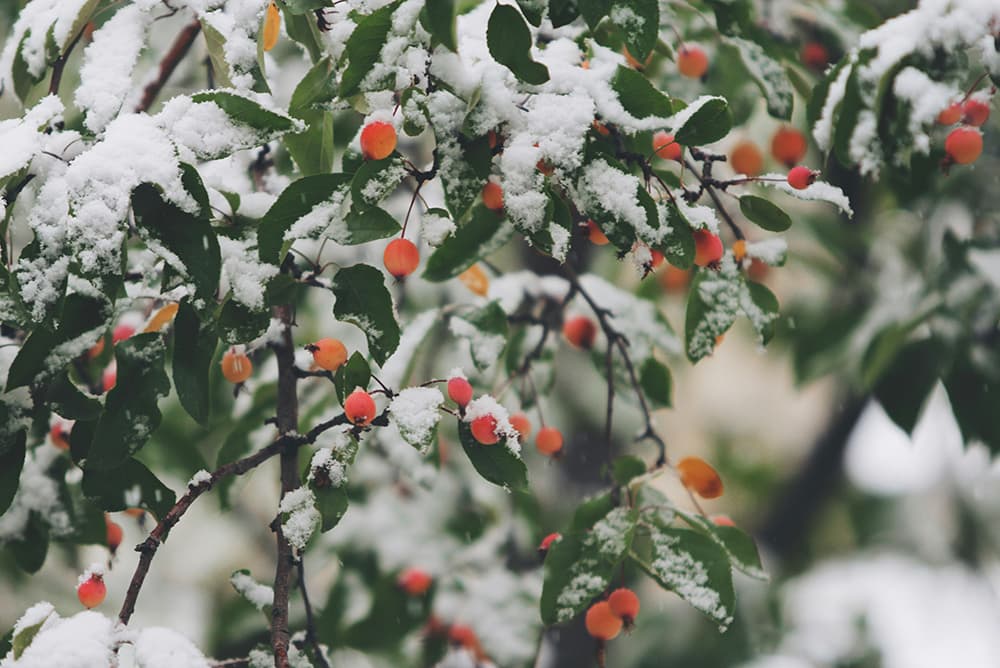
While the growing pace of your garden may slow toward the end of the year, several vital jobs remain to protect your outdoor space from the impending cold. From fleece protection to fertilisers, this article will explore essential tips and tricks for winter gardening. Read on to ensure your plants survive and thrive when the frosty months descend.
How to Prepare Your Garden for Winter
A fair amount of work is involved in helping your garden brace the colder months and emerge out the other side in top condition. Our winter gardening tips focus on protection from the elements, proactive maintenance, and preventing future issues. This way, your garden will be ready to flourish when the next growing season begins.
Up-Root Tender Plants Before the First Frost
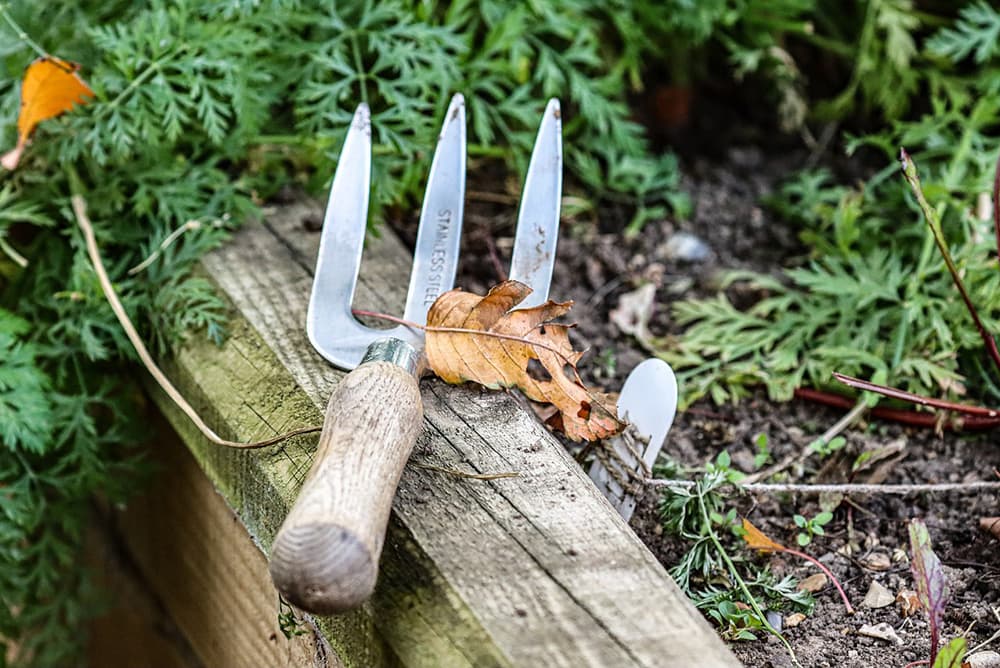
Your tender plants, such as dahlias, cannas, geraniums, tuberous begonias and gladioli, are too delicate to withstand frost. At the first sign of icy weather, you should pry out your plants with a fork, being extremely careful not to damage the tubers, roots, or bulbs.
Once out of the ground, clean them well and let them dry to prevent rot before storing them for the winter. These plants can survive in a dormant state and then be replanted in spring. Although it might feel disheartening to remove them, this simple task is a small price to pay for the stunning blooms you’ll enjoy when the warmer weather returns!
Mulch With Organic Matter

In areas where lifting and storing plants isn’t necessary, applying a layer of mulch is a fantastic way to safeguard your plants through the winter. In fact, mulch serves multiple purposes in winter gardening, for example:
- Insulation: It helps insulate and keep the ground temperature stable, preventing rapid freezing and thawing.
- Prevent Soil Movement: It shields against heavy rainfall and thus prevents soil erosion.
- Retain Moisture: If we have a warm, dry winter, mulch will help your soil lock in moisture, ensuring your plants stay hydrated.
Consider using materials like tree bark, wood chippings, straw or homemade compost to protect your garden. As it breaks down, organic mulch adds valuable nutrients back into the soil, giving your plants an extra boost and setting them up for success when spring rolls around.
Protect Vulnerable Plants
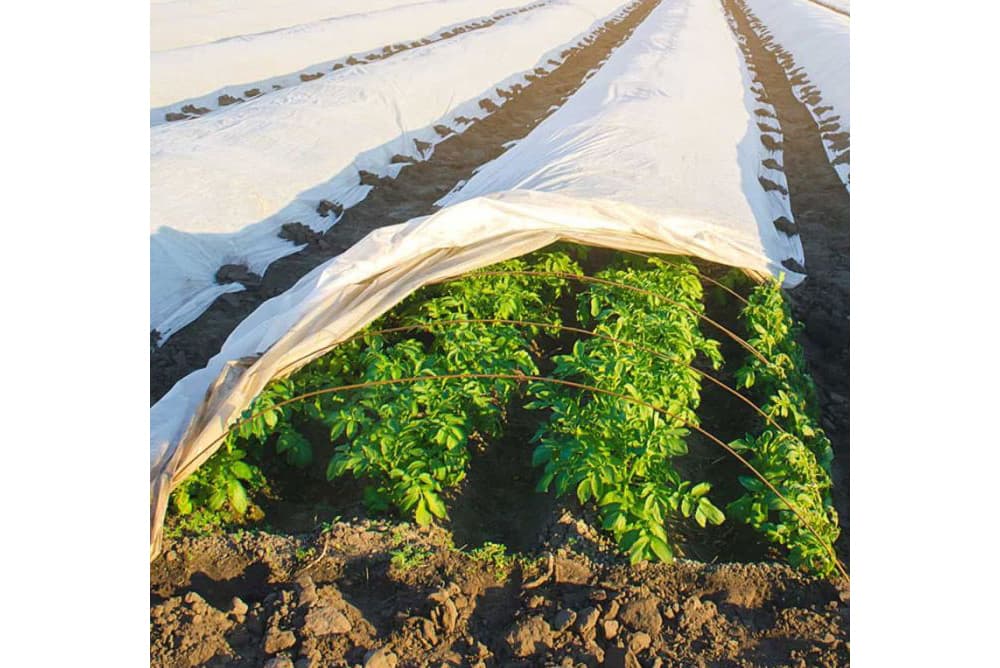
Another effective way to safeguard your plants from winter's chill is to intervene with some physical protection. Here are a few strategies to consider:
- Wrap Outdoor Plants: Use horticultural fleece or a jacket to shield your outdoor plants from frost, cold winds, and potential hail damage. This breathable fabric will keep them warm without trapping moisture and causing rot.
- Cover Indoor Plants: Don't forget about your indoor plants, especially those in unheated greenhouses or polytunnels! Wrap or cover them in fleece or another insulating material to give an extra layer of protection.
- Relocate Potted Plants: Move any tender plants in pots and planters to a sheltered spot, ideally raised off the ground. Cover them with fleece, hessian, or straw to give them an additional layer of warmth.
- Insulate Container Roots: Prevent the roots of plants in pots and containers from freezing by wrapping them in bubble polythene or straw. This is especially important for terracotta or glazed containers, which can crack if moisture seeps in, freezes and expands.
- Check Ties and Stakes: Take a moment to inspect the stakes and ties on your fruiting plants or young trees. Tie in or stake any new growth to provide support during blustering winter winds.
Apply Appropriate Fertilisers
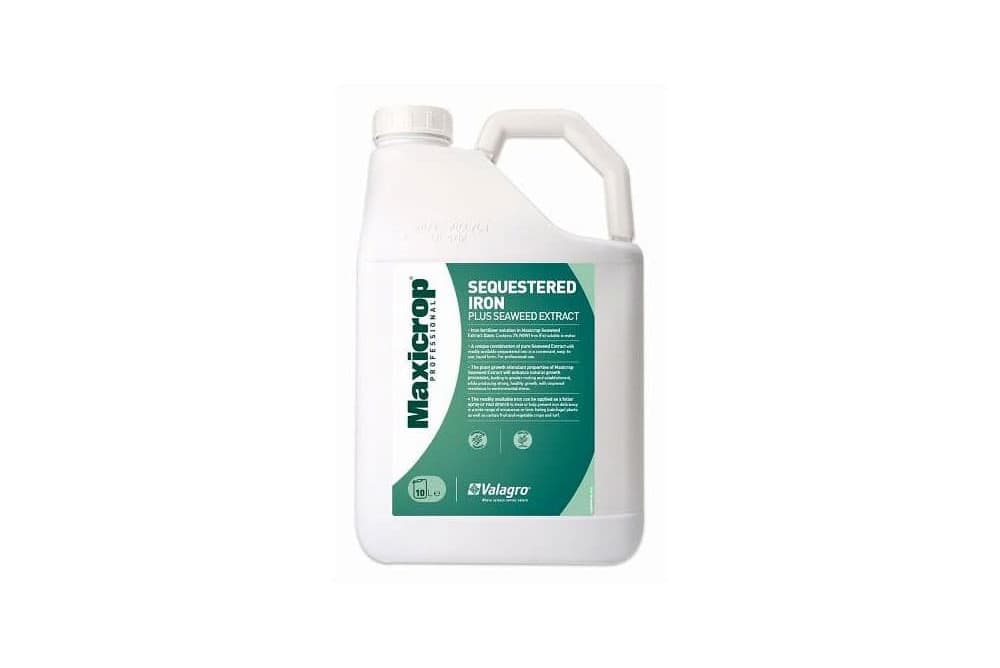
Although feeding is typically reserved for spring and summer, there are some opportunities to use fertilisers in the winter. As you prepare your garden for the colder months, you could apply products like Maxicrop Plus Sequestered Iron to strengthen your turf or chicken manure pellets to enrich your winter beds.
Now is also the perfect time to stock up on fertilisers for winter application. When gardening in winter, you can use products like Miracle-Gro® Lime Soil Improver on your vegetable patches before digging, while a fish blood and bone fertiliser can be applied in late winter to help your plants recover from nutrient depletion.
Care for Winter Wildlife
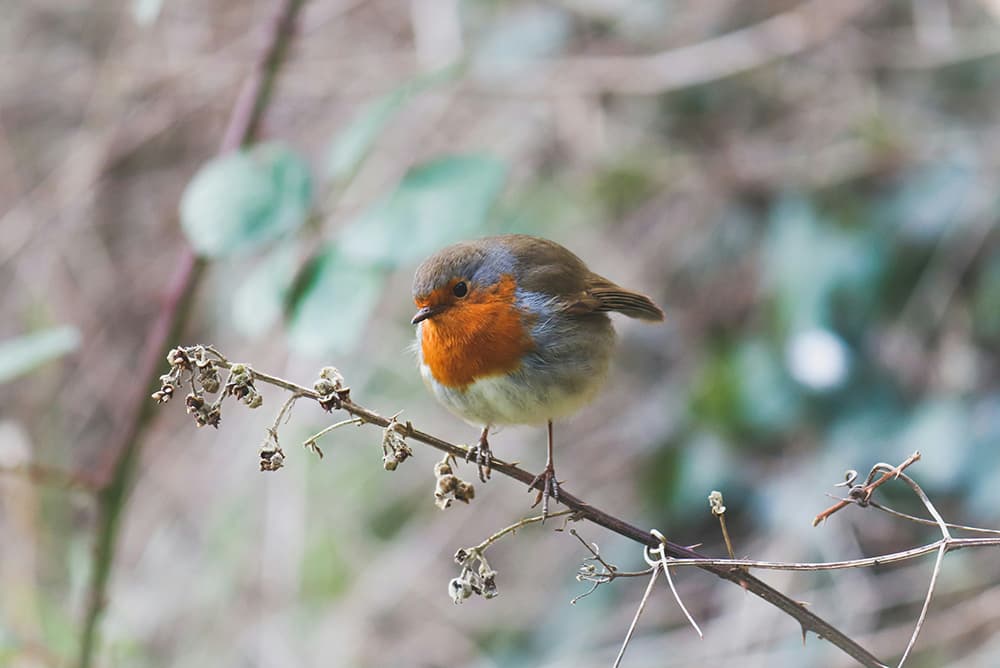
The birds, insects, and mammals that frequent your garden play a significant role in maintaining a healthy ecosystem. Ultimately, it's in your interest to watch out for them throughout the winter when foraging and finding shelter become more challenging.
While you can go out of your way to leave out food or water for birds and animals, sometimes it’s as simple as letting things be. Here are a few low-maintenance tips to keep in mind when preparing your garden for winter:
- Keep the dry leaves and stems on your herbaceous perennials to provide a habitat for insects.
- Leave dry seed heads intact as a valuable food source for birds and small mammals.
- Set aside piles of logs, wood or sticks for small mammals and insects to use as a refuge.
Tend to Your Tools
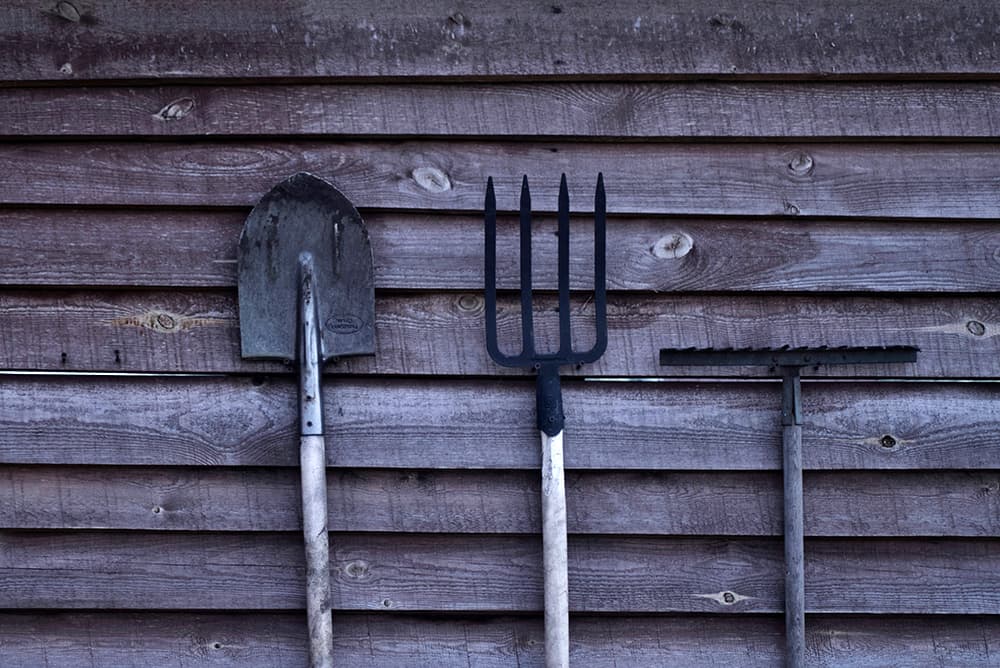
Finally, as the gardening season winds down and you're looking to down your gardening tools for the winter, it's the ideal time to give them some much-needed TLC. Clean each tool thoroughly, sharpen the blades, and oil any metal surfaces to prevent rust. If parts look worn or damaged, consider ordering spares and replacements to avoid delays next season.
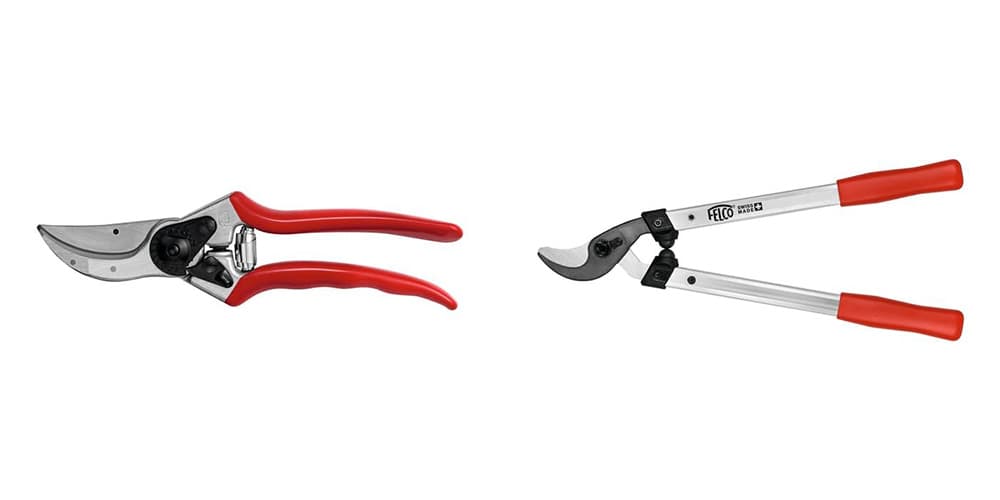
This is particularly important for your secateurs and loppers as they'll be central to one of the few key winter jobs – pruning roses. Cutting roses is a vital part of gardening in January and February, helping ensure vigorous growth and abundant flowers for the upcoming year.
Prepare Your Garden for Winter at LBS Horticulture
With these winter gardening tips in mind, you'll be ready to nurture your outdoor space throughout the colder months. Explore our inventory to find relevant products at competitive prices that will help you on your way.
If you'd like further advice or product information, please don't hesitate to contact us. Our knowledgeable staff are on hand and are always happy to help. Alternatively, delve into our other blog posts for more gardening recommendations and horticultural insights.

